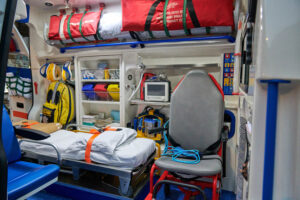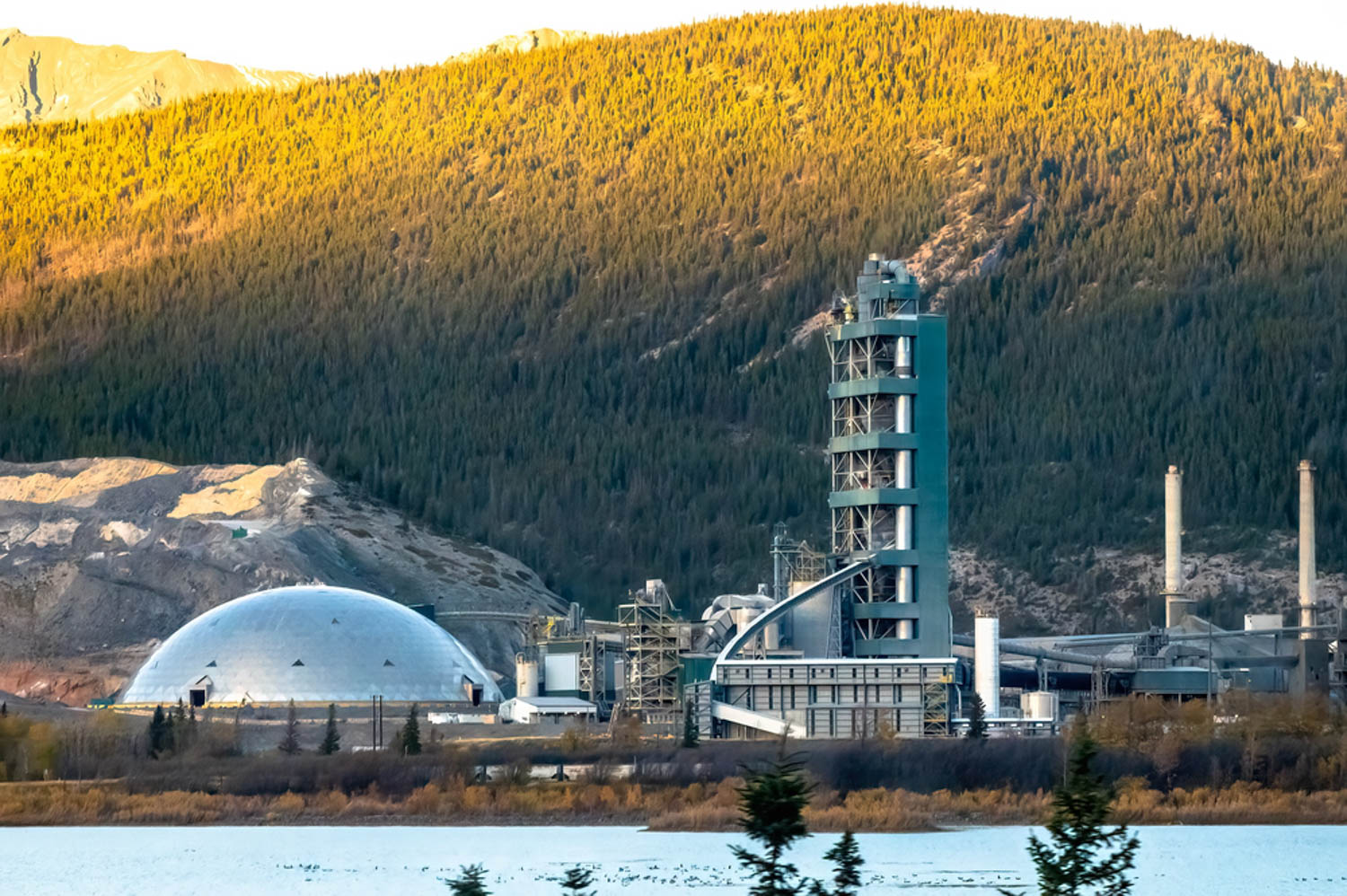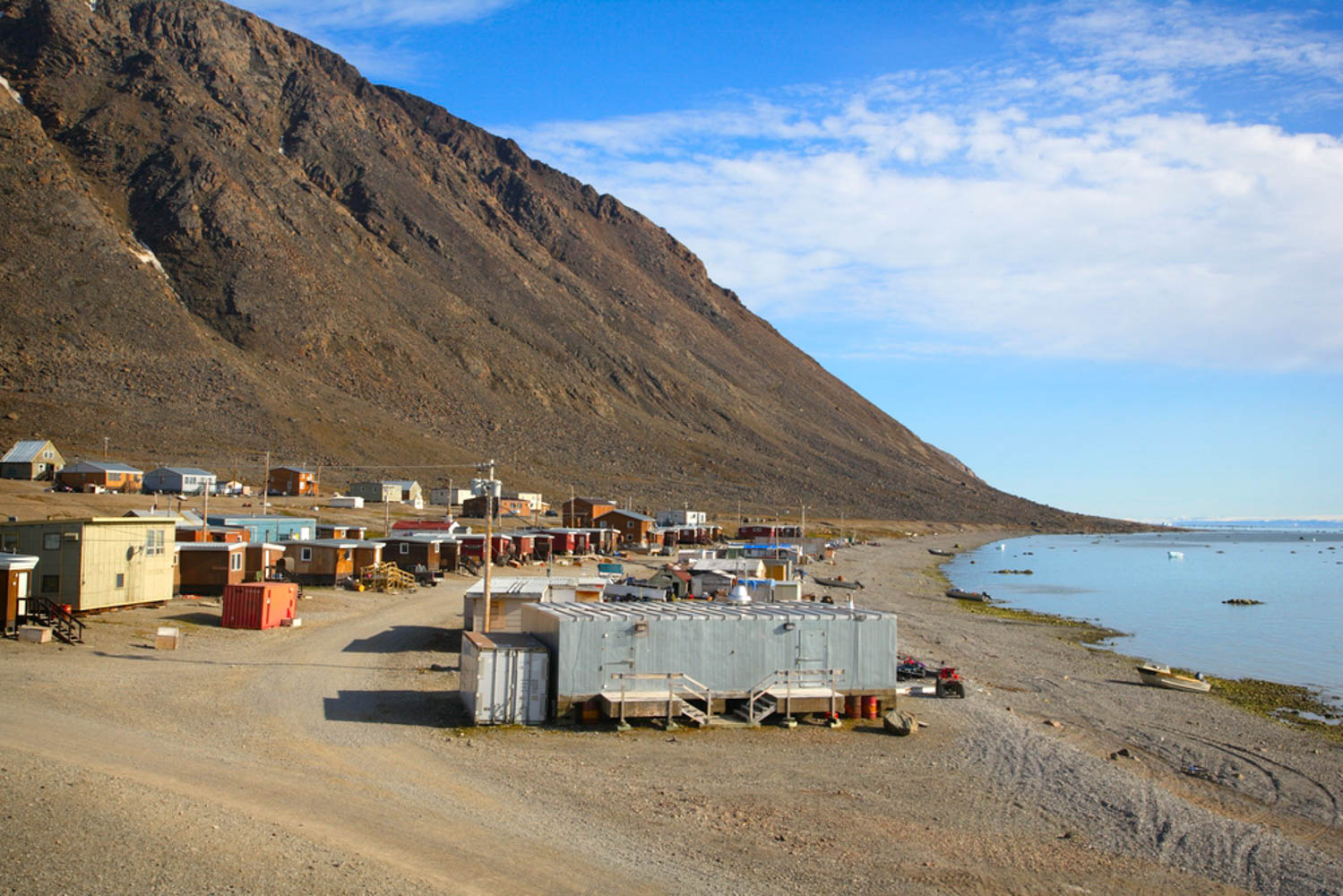
Protecting Workers with Remote Camp Health and Safety
Remote camp health and safety is a vital concern in the management of Canadian remote workforce camps, especially in resource-driven

Remote off site monitoring is transforming how Canada’s resource sectors manage operations across vast and isolated landscapes, making it a cornerstone for achieving Environmental, Social, and Governance (ESG) goals. In the country’s remote facility camps—supporting oil, gas, mining, and forestry industries—this technology bridges the critical gap between sustainability mandates and real-world logistics. As ESG expectations intensify, remote monitoring solutions offer powerful tools for reducing environmental impact, safeguarding worker well-being, and enhancing governance transparency at the operational edge of industrial development.
Remote off site monitoring enables real-time data collection and control over energy, water, and waste systems without requiring constant on-site human presence. This is particularly vital in remote facility camps, where environmental oversight is logistically challenging.
By reducing the need for frequent travel to remote sites, these systems also cut down on transportation-related emissions—a significant contributor to the carbon footprint of remote operations.
The social dimension of ESG emphasizes worker well-being, community engagement, and equitable access to resources. In remote camps, where isolation and harsh conditions are common, this technology plays a pivotal role in safeguarding personnel.
Moreover, by enabling centralized oversight, companies can ensure that labor practices across all remote sites meet ethical standards, including fair wages, safe working conditions, and respect for Indigenous rights.
Strong governance is the third pillar of ESG, encompassing accountability, risk management, and ethical decision-making. Remote off site monitoring enhances governance by providing verifiable, real-time data that supports transparent reporting and informed decision-making.
By integrating monitoring data into ESG dashboards and sustainability reports, companies can demonstrate their commitment to responsible operations and build trust with stakeholders.
In Alberta’s oil sands and British Columbia’s shale fields, energy remote facility management is critical. Remote monitoring systems oversee everything from pipeline integrity to flare emissions, ensuring that operations meet stringent environmental standards. These systems also support facility building maintenance, reducing downtime and extending asset life.
From gold mine remote site management in Yukon to base metal operations in Ontario, mining companies use remote monitoring to track tailings pond stability, air quality, and equipment health. These insights are essential for meeting the Mining Association of Canada’s “Towards Sustainable Mining” standards.
In the boreal forests of Quebec and British Columbia, forestry remote site management relies on satellite and drone-based monitoring to assess deforestation, biodiversity, and wildfire risks. These tools support sustainable harvesting practices and help companies maintain FSC or SFI certification.
Exploration camp management benefits from modular, solar-powered monitoring units that track energy use, water quality, and waste disposal. These systems are especially valuable in early-stage projects, where infrastructure is minimal but ESG scrutiny is high.
The true power of this technology lies in its ability to integrate with other systems:
This interoperability not only improves operational efficiency but also supports ESG audits and third-party verifications.
Investing in remote off site monitoring is not just a compliance exercise—it’s a strategic advantage. Companies that adopt these technologies can:
In a competitive global market, these benefits can be the difference between securing a major contract or being left behind.

In today’s remote resource operations, environmental, social, and governance goals are no longer optional—they are critical drivers of business value. Canada’s oil, gas, mining, and forestry sectors must now monitor, manage, and optimize operations with greater precision, accountability, and sustainability than ever before.
From safeguarding workers to minimizing environmental impact, centralized oversight is enabling smarter decisions across the board. Technologies supporting facility management energy efficiency, emissions tracking, and resource optimization are ensuring that even the most remote camps meet and exceed ESG standards.
Ultimately, the transformation of these sectors is being led by intelligent, data-driven systems—at the center of which is remote off site monitoring.
Contact the Domco Group today or visit https://domco.ca/ to learn more about scalable monitoring systems designed for Canada’s oil, gas, mining, and forestry operations and how it can transform your remote facility operations.
Groupe Domco Canada Limitée est l'un des fournisseurs de services en régions éloignées le plus fiable et le plus respecté au Canada. Entièrement canadien et propriété indépendante, Domco est en affaires depuis 1945. Nous proposons des solutions intégrées pour les régions éloignées, notamment un cycle de menus nutritifs et bien planifiés, l'établissement de relations à long terme et de racines profondes canadiennes dans des endroits éloignés avec des communautés autochtones.
Laissez-nous vous présenter quelques avantages clés qui nous distinguent.

Remote camp health and safety is a vital concern in the management of Canadian remote workforce camps, especially in resource-driven

Keeping crews energized and satisfied starts with smart camp food menu ideas—especially in remote environments where morale and nutrition go

Gas remote camp mobilization is a critical operational phase in Canada’s oil and gas industry, particularly in remote and northern

When it comes to remote site security in Canadian work camps, ensuring safety and protection is paramount. These facilities, often

In Canada’s vast and resource-rich landscapes, remote site maintenance plays a pivotal role in sustaining the operations of work camps

In Canada’s vast and often isolated regions, remote camp management plays a vital role in advancing sustainability across diverse work

Remote site administration is a vital function in Canada’s most geographically isolated and operationally demanding environments. From the Arctic’s frozen

Developing a sustainable infrastructure for a remote camp facility located in the rugged, often isolated regions of Canada—such as the

In Canada’s vast and rugged landscapes, remote facility catering has evolved from a logistical challenge into a platform for sustainable

Budgeting for facility repair and maintenance in remote Canadian work sites is no small task. When miles away from urban

The process of gas remote camp mobilization in Canada is a critical operation that supports the development and maintenance of

Remote facility chefs are the unsung heroes of Canada’s sprawling wilderness operations—from fly-in camps tucked into diamond-rich tundras to energy

Exploration remote camp mobilization in Canada is a critical logistical and operational process that supports field-based activities in some of

Remote off site monitoring is transforming how Canada’s resource sectors manage operations across vast and isolated landscapes, making it a

Remote site services play a critical role in supporting Canada’s natural resource industries—particularly oil, gas, and mining—which have long been
